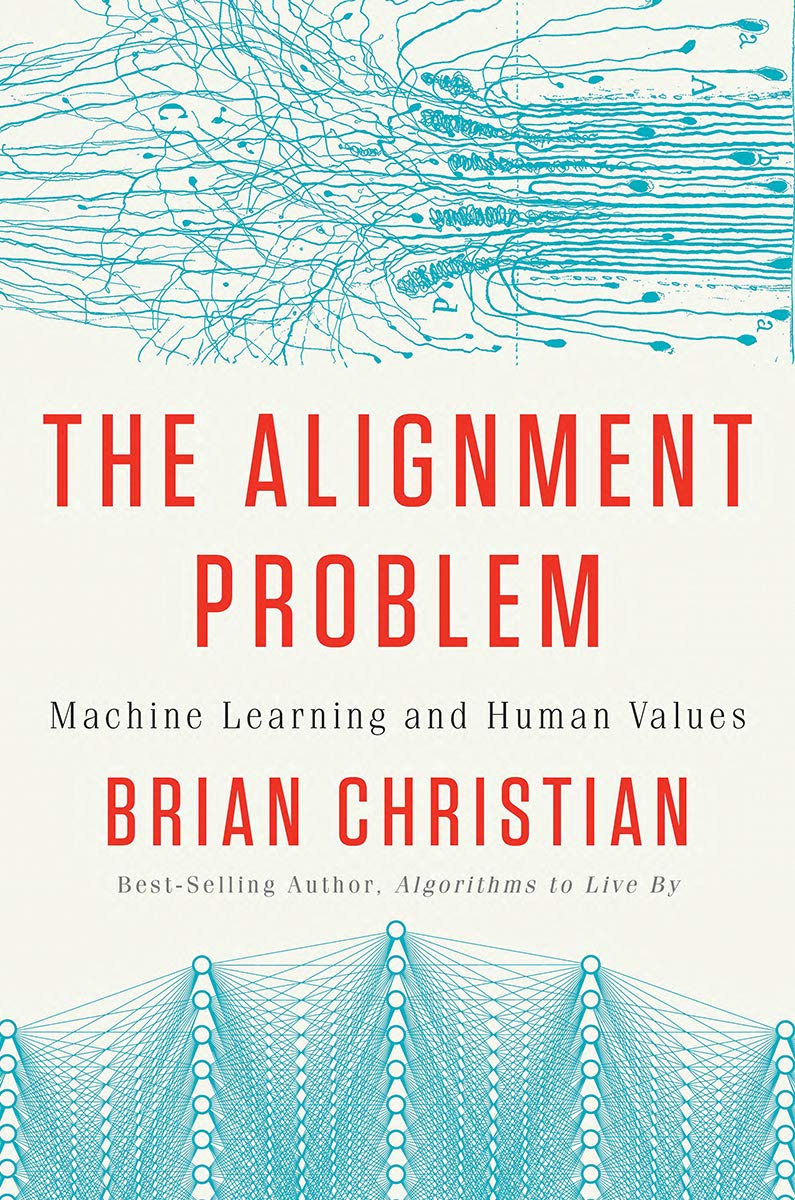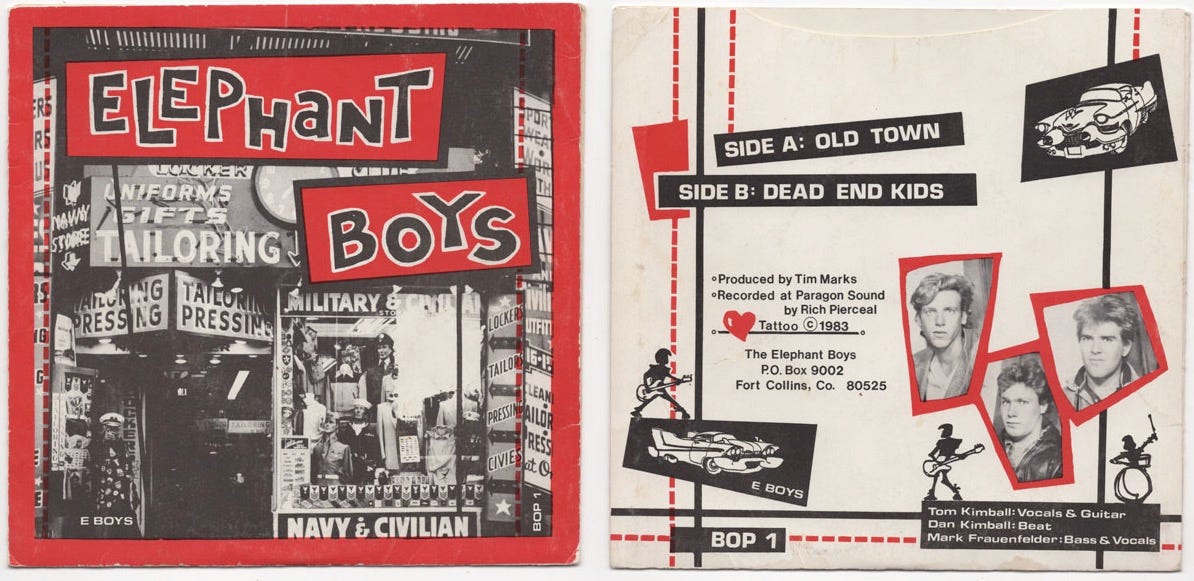CRYPTOCURRENCY
It’s more fun to be a chia farmer than a bitcoin miner
This weekend I became a space farmer! All I had to do was donate 400 GB of unused hard drive space to the Chia blockchain. Statistically, I’m due to receive a Chia coin reward in a few weeks.
Chia is a rival to Bitcoin and was invented by Bram Cohen, the guy who invented the peer-to-peer file transfer protocol BitTorrent. BitTorrent precedes Bitcoin, and Satoshi Nakamoto likely named his creation as an homage to BitTorrent.
I profiled Cohen for The California Sunday Magazine a couple of years ago. I wrote:
No one owns the Bitcoin network — the code is open source — so Cohen is free to build off of it to develop his spinoff, Chia Network. With Chia, Cohen aims to replace the energy-greedy part of Bitcoin’s code, which rewards miners for generating trillions of numbers a second, with an energy-efficient system, which rewards miners (or “farmers” in Chia’s parlance) based on the amount of unused hard-drive space they have on their computers and how long they’ve had it. If you opt in, the Chia Network will essentially populate that unused space with bingo cards. If Chia calls the numbers on your card, you’ll be awarded newly minted chia.
Creating the sort of decentralized networks that cryptocurrency runs on — in which information is distributed not through a central server but through computers communicating directly with one another — is Cohen’s specialty. In 2001, the SUNY Buffalo dropout, who’d been writing computer programs since the age of 6, invented BitTorrent, which lets people efficiently share files online in a way that distributes the bandwidth burden among every participant. He generated interest in the fledgling network by seeding it with free pornography. Today, BitTorrent is used by more than 170 million people a month and, according to the company, is responsible for up to 40 percent of global internet traffic, much of it pirated movies and TV shows.
Yesterday I downloaded the Chia Blockchain so I could become a space farmer. The installation is straightforward (and is available for all the major OSes), so don’t be afraid to give it a try. Once your computer goes through the time-consuming task of plotting, it will start farming the plots, which uses very little computation. I’m thinking about buying a 12 Terabyte hard drive and hooking it up to a Raspberry Pi so I can maintain a low-energy Chia mining operation 24 hours a day.
ALGORITHMIC BIAS
A simple model to determine happy or unhappy couples
I’m reading The Alignment Problem: Machine Learning and Human Values by Brian Christian. It’s about how machine learning algorithms are replacing human judgment. I’m only about 20 percent into the book, and I came across this anecdote about simple linear models, which often outperform human experts and neural networks:
[Psychologist Robyn] Dawes, with his colleagues at the Oregon Research Institute, wanted to get to the bottom of the shocking effectiveness of simple, linear models in decision-making.
One hypothesis was that perhaps the models were outperforming the experts because of a kind of wisdom of the crowd effect: that a single model was aggregating the judgments of a whole group of experts, so of course it would outperform any single expert in isolation. It sounded plausible — but it wasn’t true. Amazingly, even if a model was trained only to mimic a single expert’s judgments, it still outperformed the expert themselves.
…
The practical possibilities for such quick-and-easy improper [that is, non-weighted] models seemed endless. In the mid-1970s, Dawes was on a panel with a medical physician; afterward, sharing drinks at the bar, the doctor asked him, “Could you, for example, use one of your improper linear models to predict how well my wife and I get along together?”
Dawes immediately imagined the simplest model he could think of: a good marriage, he figured, should probably involve more sex than fights. With a colleague’s dataset, he did the math. He added up the number of times a couple had sex (“defined as genital union with or without orgasm”) over a period of weeks or months, and subtracted the number of times they had a fight (“situations where at least one party became uncooperative”) in that same time. “The linear prediction is the quintessence of simplicity: subtract the rate of arguments from the rate of sexual intercourse. A positive difference predicted happiness, a negative one unhappiness. “The data, from couples in the Kansas City, Missouri area, showed that indeed, sex-minus-fights was positive for 28 out of the 30 couples that self-identified as “happy,” while sex-minus-fights was negative for all 12 couples that self-identified as “unhappy.” Study after study — in Oregon, in Missouri, in Texas — confirmed this correlation.
Dawes studied why simple models worked so well and came to the conclusion that, as Christian puts it, “human expertise is characterized by knowing what to look for — and not by knowing the best way to integrate that information.”
MOBILITY
Ultra-cheap cars from China and Japan
My friend Kent Barnes sent me a link to a Chinese electric car maker called Belyoo. You can order its cars via AliExpress. Prices range from $2,000 to $10,000. They’re sold as food trucks, and they are probably not street legal, but it sure would be fun to have one. They sell several models designed to look like old VW microbuses. They’re probably violating Volkswagen’s trademark.
Last year Jalopnik senior editor Jason Torchinsky bought a small Chinese electric car, called a Changli, for $1,200 and wrote about what was involved in getting the necessary import certificates and such, which pumped up the total price to $3,331.27. Here’s a video Jason made about the car. (The 2021 Changlis look much better.)
If I was going to buy a tiny car, I think I would do what my other Todd Lappin did and buy a used Japanese Kei truck. Todd got this incredible fully street-legal Kei firetruck for a total price of less than $5,000.

OLD ADULT BOOKS
The best time to read Moby Dick

As I mentioned in the last issue, I finally finished reading Wuthering Heights, by Emily Brontë. As I was reading it, I wondered why so many of the characters got sick and died. When I read about the life of Emily Brontë, I learned that most of her family members got sick and died throughout her life. Brontë herself died when she was only 30 from tuberculosis in 1848. She had already become weakened by a cold she caught while attending her brother Branwell’s funeral a couple of months earlier. According to Wikipedia, Branwell likely died from “tuberculosis aggravated by delirium tremens, alcoholism, and laudanum and opium addiction.” After reading about the Brontës, the death, despondency, and dipsomania in Wuthering Heights made sense.
Wuthering Heights was one of the books I thought I should have read in high school but missed because I was too busy reading comic books and science fiction paperbacks. I don’t regret having read comics and science fiction instead of classics because I enjoyed them and I have great memories. Last week any remaining guilt I had about avoiding the classics when I was a teenager was wiped out when I had an email conversation with my friend Matt Maranian, a writer and designer in Vermont. Matt wrote:
Sometimes you need to know things to appreciate a book like Moby Dick or another classic, you need to know things about history and geography and art or literature or just living and the human experience and it would have read like gibberish to me at any other point of my life up until now. Are you discovering this too? We tend to think of so many books as books we “should have” already read, but I think for most of them it's better for us to ripen a bit to really appreciate them.
I think Matt is right. I tried reading Moby Dick more than once in my 20s, and abandoned it each time. But now, it’s the next book on my list.
GOODBYES
Tommy Kimball, RIP
I met Dan Kimball in 1979. We lived in the same dorm building at Colorado State University and shared the same taste in music (The Blasters, X, The Clash, The Stray Cats, The Rolling Stones) and became close friends. He told me his younger brother Tommy, who lived in New Jersey, was a great guitar player. Dan was trying to talk Tommy into moving from New Jersey to Ft. Collins to start a band. About a year later Tommy drove out with everything he owned packed into his car. He was rail-thin, had black hair and piercing blue eyes, and smoked incessantly. He was a huge misanthrope but we got along and eventually, he became one of my closest friends. Dan was right — Tommy was a brilliant guitarist, singer, and songwriter.
The three of us formed a rockabilly punk band called The Elephant Boys (we were fans of David Lynch’s movie, The Elephant Man). Tommy was the lead singer and guitarist, Dan was the drummer, and I played bass and sang background vocals. We played at bars and clubs in Ft. Collins, Boulder, and Denver, and when I graduated from school we moved to London and played at clubs and pubs there, too.
After the band broke up we moved to different parts of the country. Tommy moved to Portland with his wife and had a couple of kids, and Dan moved to Santa Cruz, started a church, and became a best-selling author of Christian books (I recommend his latest book, How (Not) to Read the Bible: Making Sense of the Anti-women, Anti-science, Pro-violence, Pro-slavery and Other Crazy-Sounding Parts of Scripture ). Dan and I stayed in touch over the years, but Tommy and I did not. I knew that he’d moved to Honolulu and was working for the US Postal Service, but that was about it.
On Saturday while I was eating lunch Dan texted me and told me Tommy had died. Even though Tommy and I hadn’t spoken to one another for years, it came as a shock and I was overcome with emotion. We’d gone through a lot together.
Tommy was shy, sensitive, extremely intelligent, and antisocial, and though he recorded a lot of music after The Elephant Boys broke up, he didn't share it with anyone. He stayed away from social media and didn’t have a SoundCloud account. I’m sorry the world didn’t get a chance to hear Tommy’s music.
I made digital recordings of The Elephant Boys’ only recorded single. Listen to Old Town, and Dead End Kids.








Wow! I love everything about these tracks! :)
Mark,
Thanks for the link to the single. I’ve been following Dan Kimball on IG for some time. I need to know...whose hair stood higher? Yours or Dan’s? Or was it Tommy? I’ll need to send Dan a note.